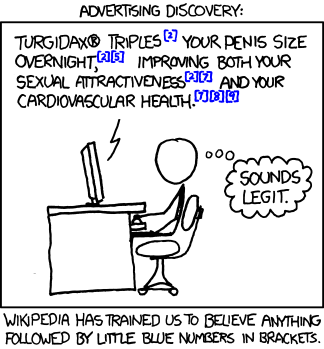 Dr. Atul Gwande tells the story in his New Yorker column of asking a pharmaceutical rep how he persuades “notoriously stubborn” doctors to adopt a new drug he’s promoting. The rep’s response:
Dr. Atul Gwande tells the story in his New Yorker column of asking a pharmaceutical rep how he persuades “notoriously stubborn” doctors to adopt a new drug he’s promoting. The rep’s response:
“Evidence is not remotely enough, however strong a case you may have. You must also apply the rule of seven touches.”
“Personally ‘touch’ the doctors seven times, and they will come to know you; if they know you, they might trust you; and, if they trust you, they will change.”
That’s why, explained Dr. Gwande, this drug rep stocked doctors’ closets with free drug samples in person. Continue reading

 Do you know why product demonstrators at the grocery store give you those tempting little free food samples when you’re out shopping on your way home for dinner? It’s because manufacturers and retailers know that free samples result in significantly increased sales. They simply wouldn’t be doing this if it didn’t work to boost results. The food business is not doing charity work – their goal is to make more money. This free sample strategy is based on a sociological concept called
Do you know why product demonstrators at the grocery store give you those tempting little free food samples when you’re out shopping on your way home for dinner? It’s because manufacturers and retailers know that free samples result in significantly increased sales. They simply wouldn’t be doing this if it didn’t work to boost results. The food business is not doing charity work – their goal is to make more money. This free sample strategy is based on a sociological concept called You may not expect to find an ivory tower academic whose erudite specialty is philosophy hanging out at drug marketing conferences, but that’s where you would have found
You may not expect to find an ivory tower academic whose erudite specialty is philosophy hanging out at drug marketing conferences, but that’s where you would have found 
